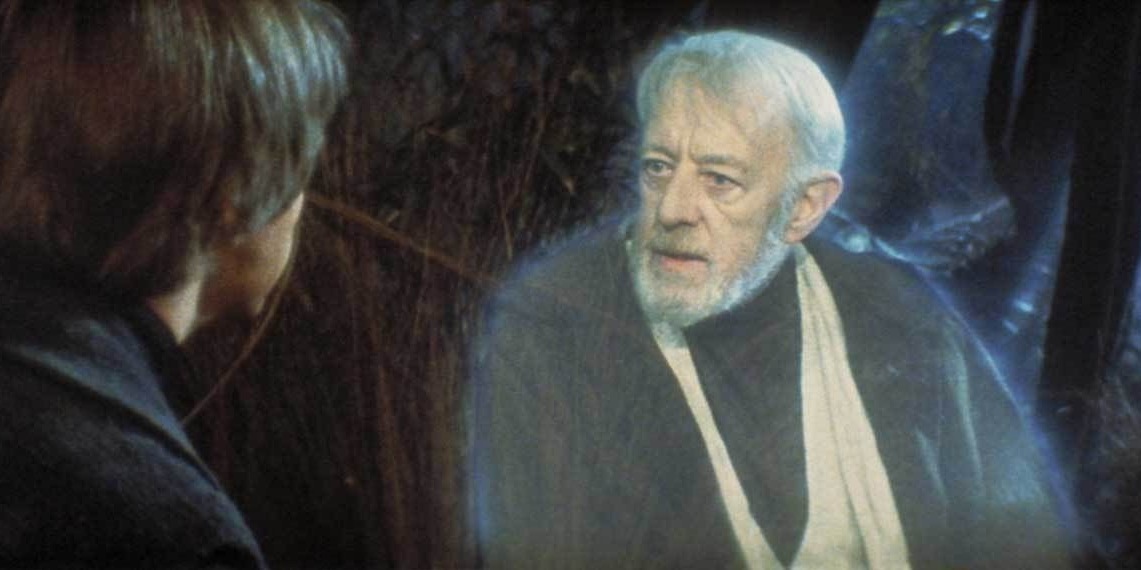I’m happy to run this guest piece by Dylan Pahman of the Acton Institute. You can follow him on Twitter @DylanPahman.
In his recent essay at Public Discourse, “The Family and the Force,” my colleague at the Acton Institute Jordan Ballor examines the treatment of the family in the Star Wars franchise, focusing especially on its most recent installment, the record-setting “Episode VII: The Force Awakens.” (Spoilers ahead!) In particular, Ballor takes issue with both “the Jedi and Sith alike” for viewing “the family [as] a problem rather than a solution.”
While the Jedi may underestimate the importance of family, on the whole they are wise to worry about the compatibility of family and the religious calling of the Force, demonstrating a lesson applicable beyond the Star Wars galaxy. Family may not always be a problem, but to brand it “a solution” may equally swing the pendulum too far—far away from the facts.
Login to read more
Sign in or create a free account to access Subscriber-only content.
